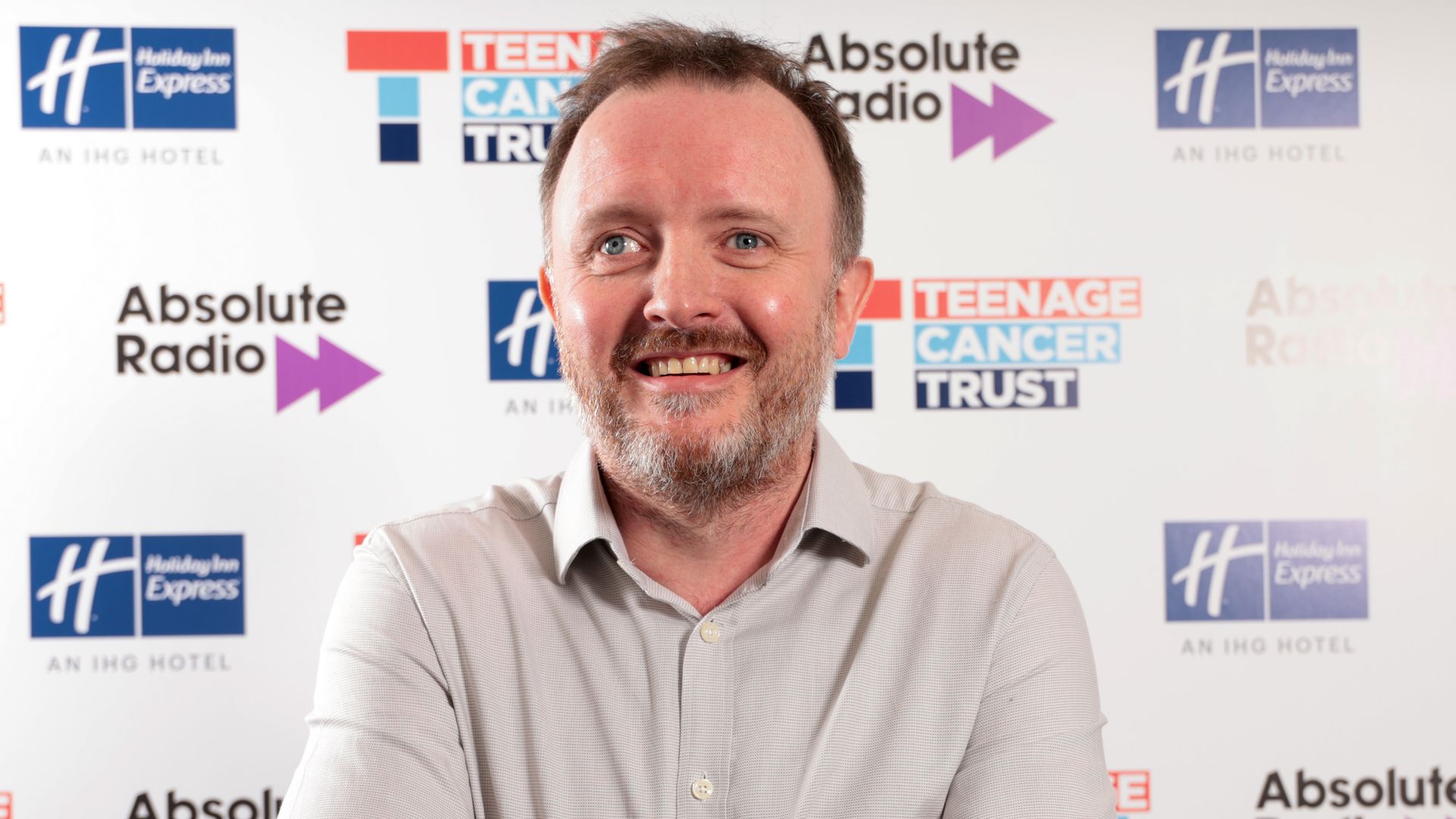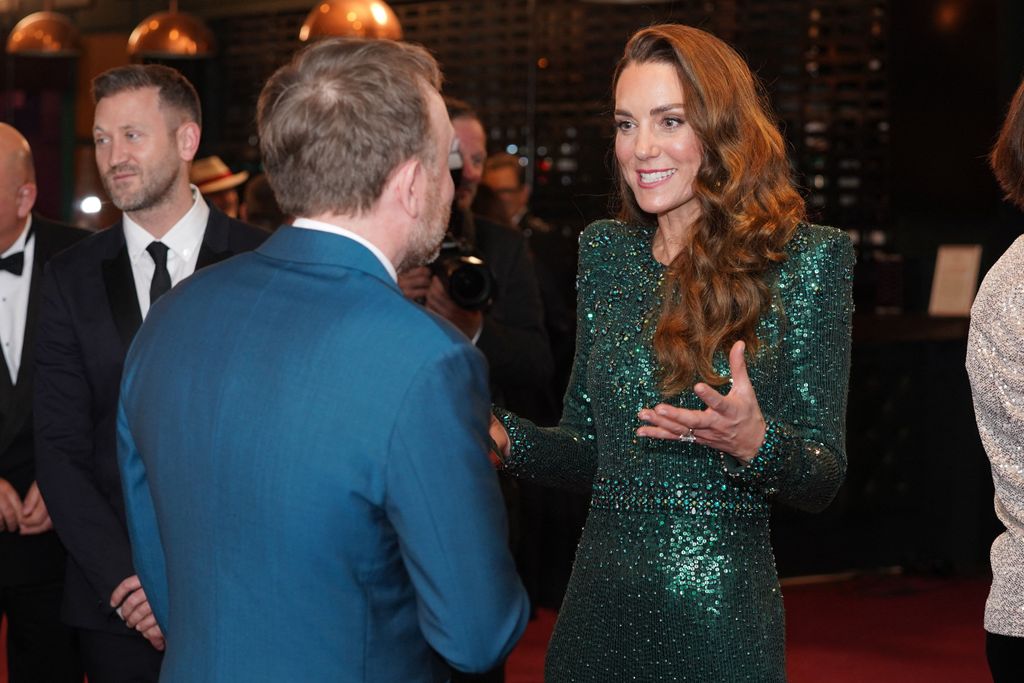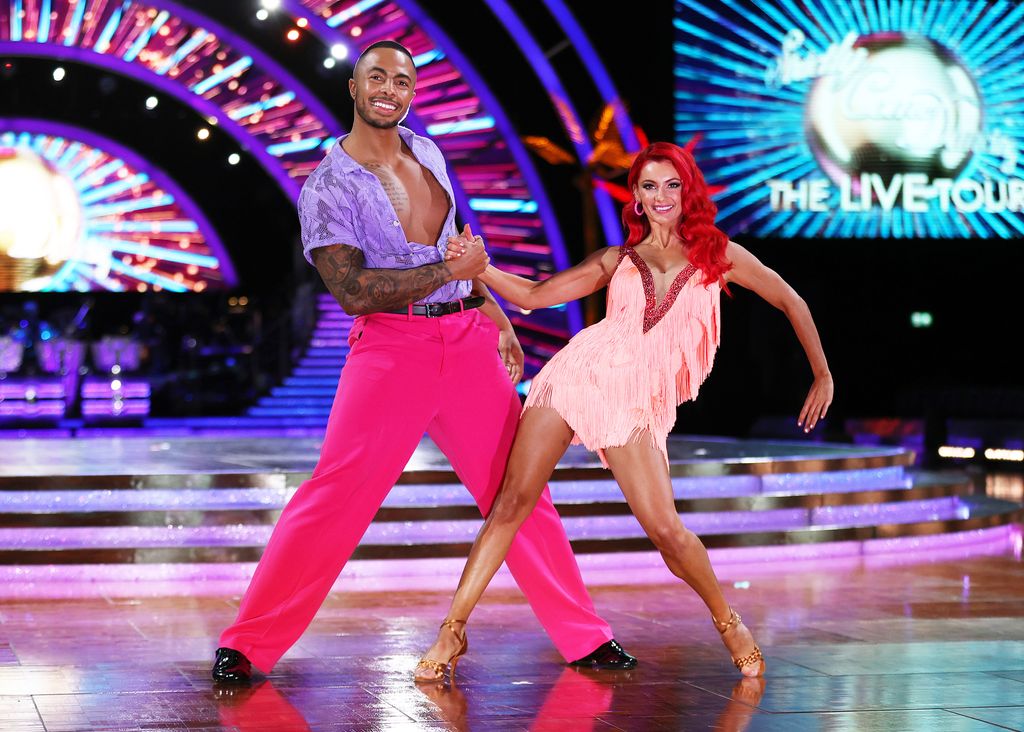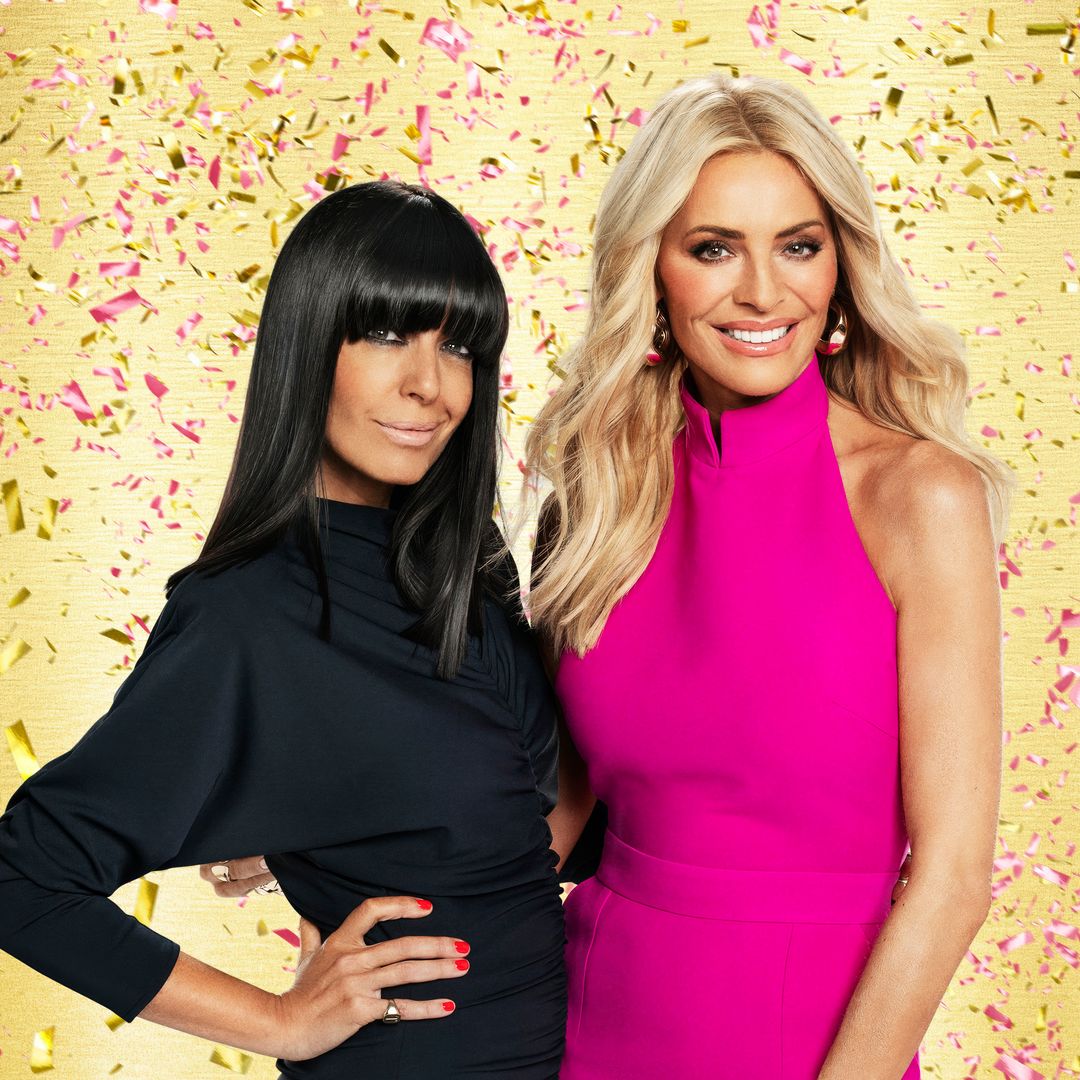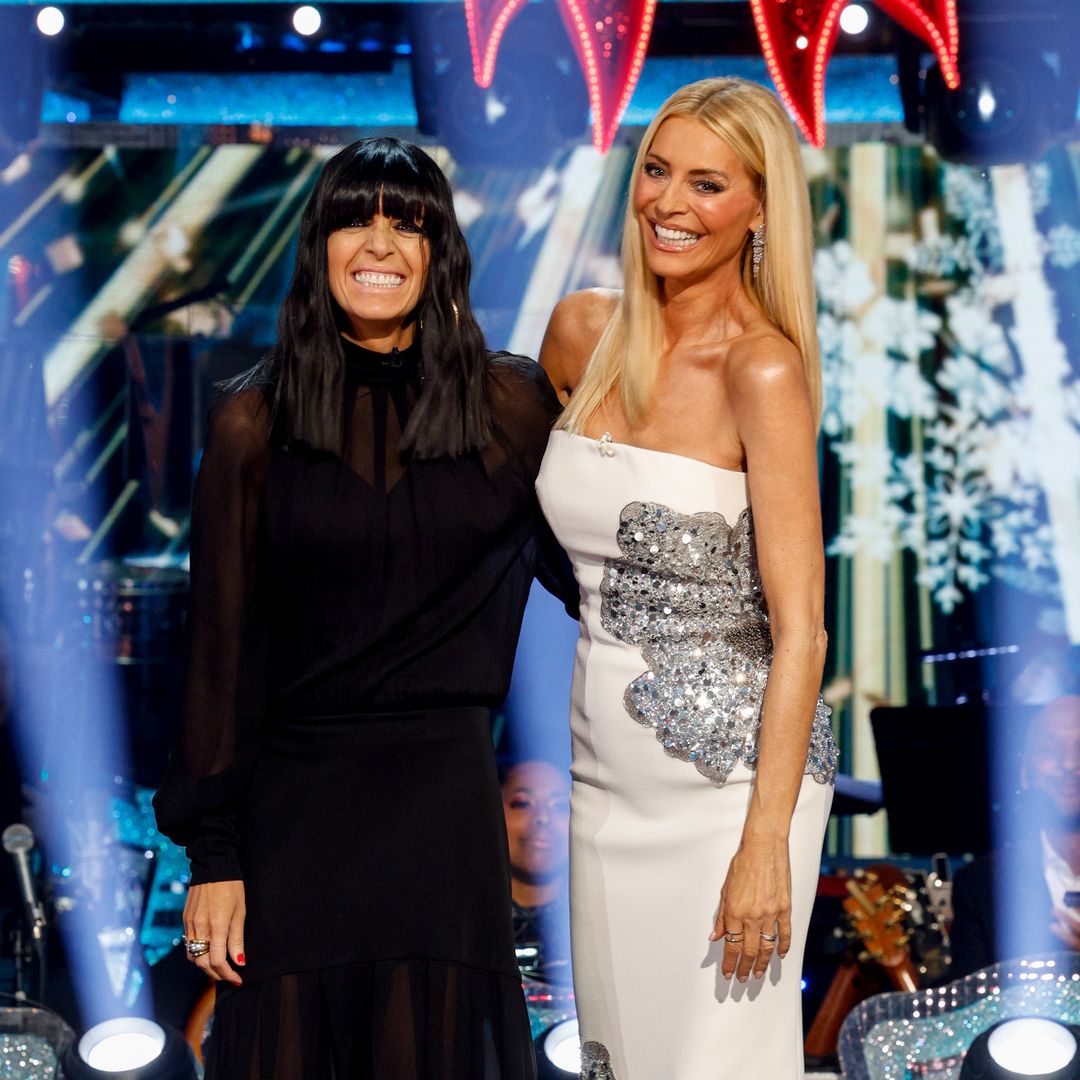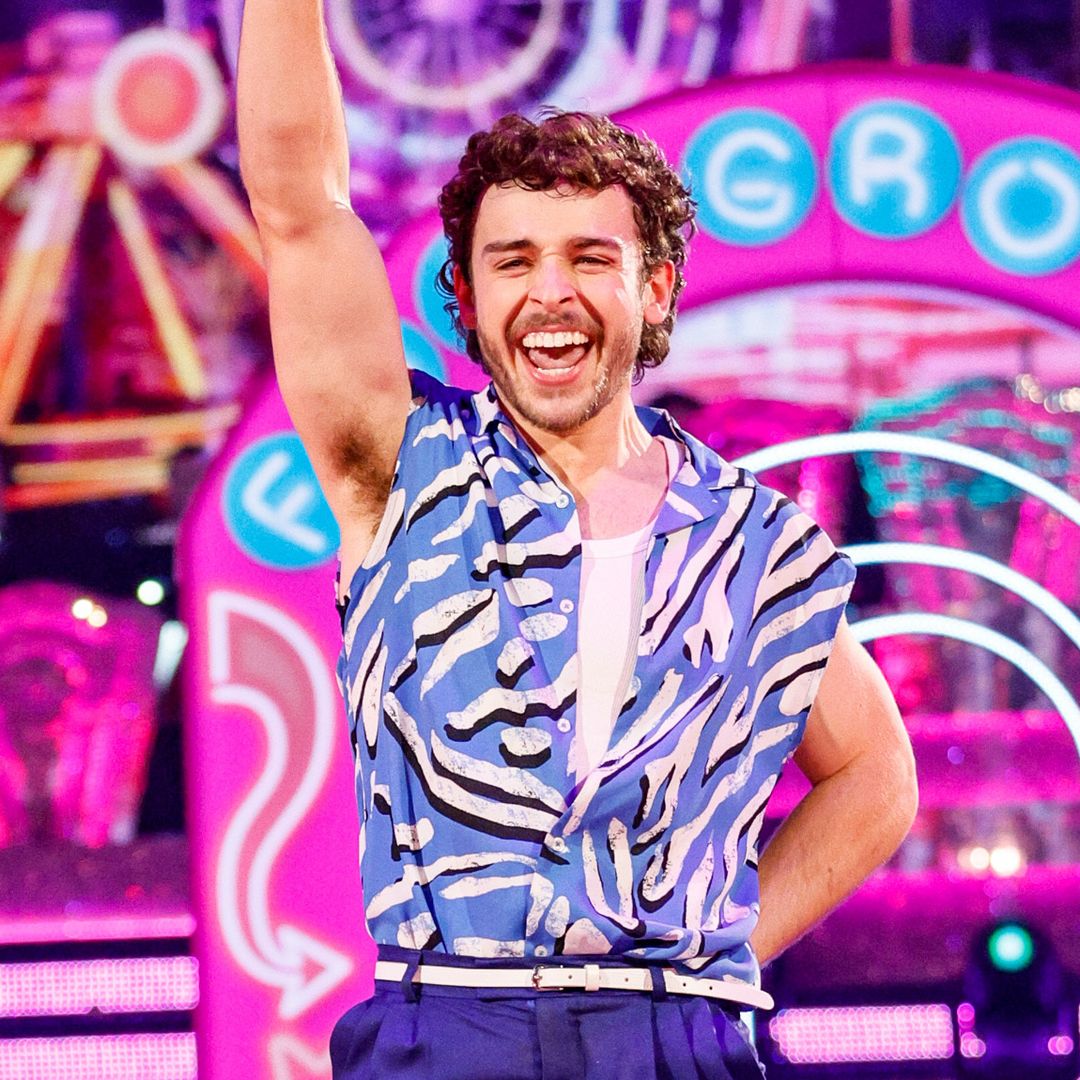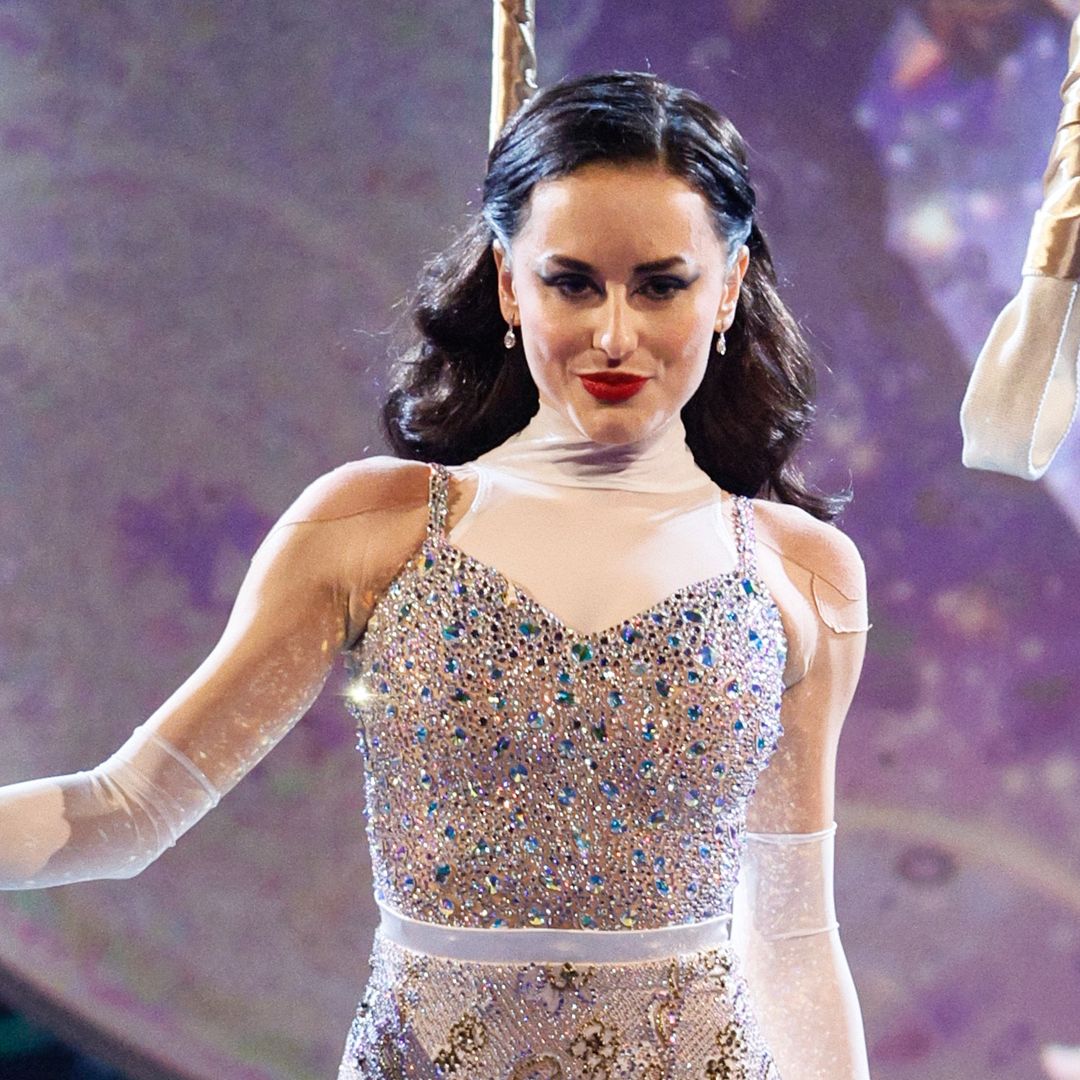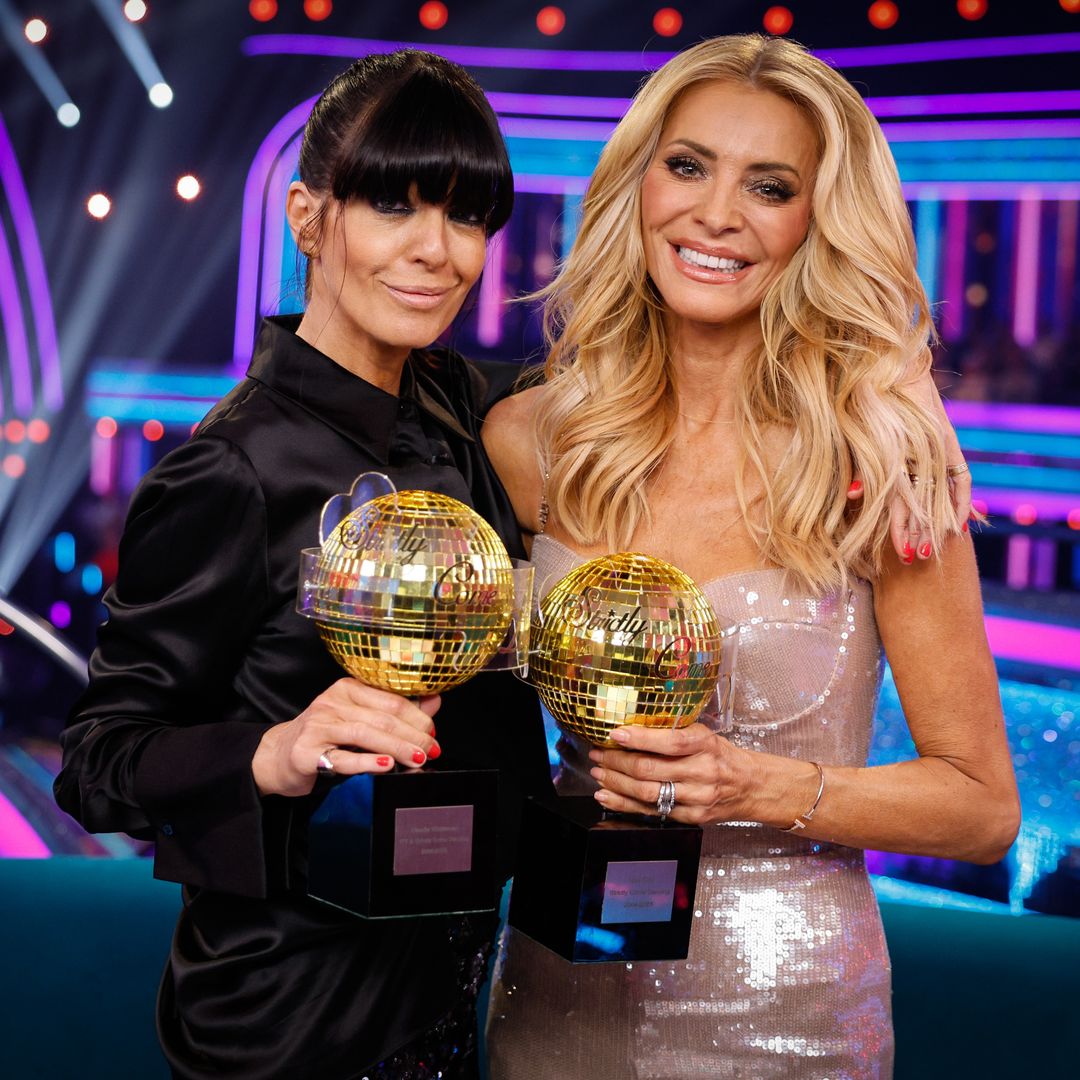Comedian Chris McCausland has opened up about whether he was signing up to take part in 2024’s Strictly Come Dancing, making him the show’s first-ever blind contestant.
Chatting on The One Show, the TV personality, who is best known for appearing on shows including 8 Out of 10 Cats Does Countdown, Would I Lie to You and Have I Got News for You joked that he didn’t think that the BBC could afford the insurance.
He said: “Are there [rumours]? I haven't seen the papers!”
Alex Jones asked him: “If you were to take part if you were, have you got much dancing experience or would you be fresh?” To which he replied: “I'm a child of the '90s grunge scene, I grew up with rock and metal and headbanging and mosh pits and crowd surfing.
“That is the extent of my experience. Let's be honest, right? I don't think the BBC could afford the insurance. I mean, me? I'd take out three cameras a week.” That’s not entirely a ‘no’, is it?!
Chris previously worked in web development until he lost his sight due to retinitis pigmentosa, a chronic hereditary eye disease. He switched his career to stand-up comedy and recently opened up about how he thinks disability representation on screens has improved. He said: “It’s great that there’s people coming through who are able to represent disability while also having the experience to do the job properly.
“There’s no point fast-tracking performers onto TV before they’re ready. In comedy especially, you need experience to be able to react in the moment. I joke that I’m an overnight success 20 years in the making. I’ve been gigging non-stop since my 20s, relentlessly hammering the circuit. So when TV opportunities come along, I’ve had the confidence to be myself and enjoy it.”
The added that the blind community had been hugely supportive of him, explaining: “My attitude has always been to represent by not banging you over the head. I think the best way to represent a disability is to make people forget about it whenever possible. It’s always part of you. People are interested, you let them in and laugh about it.
“But if you can do a show where, say, 80% of it isn’t about being blind, that makes it more impactful and funnier when you do talk about it. I believe in representation within the mainstream. Integration rather than segregation. Don’t have a sketch show with five disabled comedians. Take those five disabled comedians and put them in five different shows. That’s the more powerful way.”
